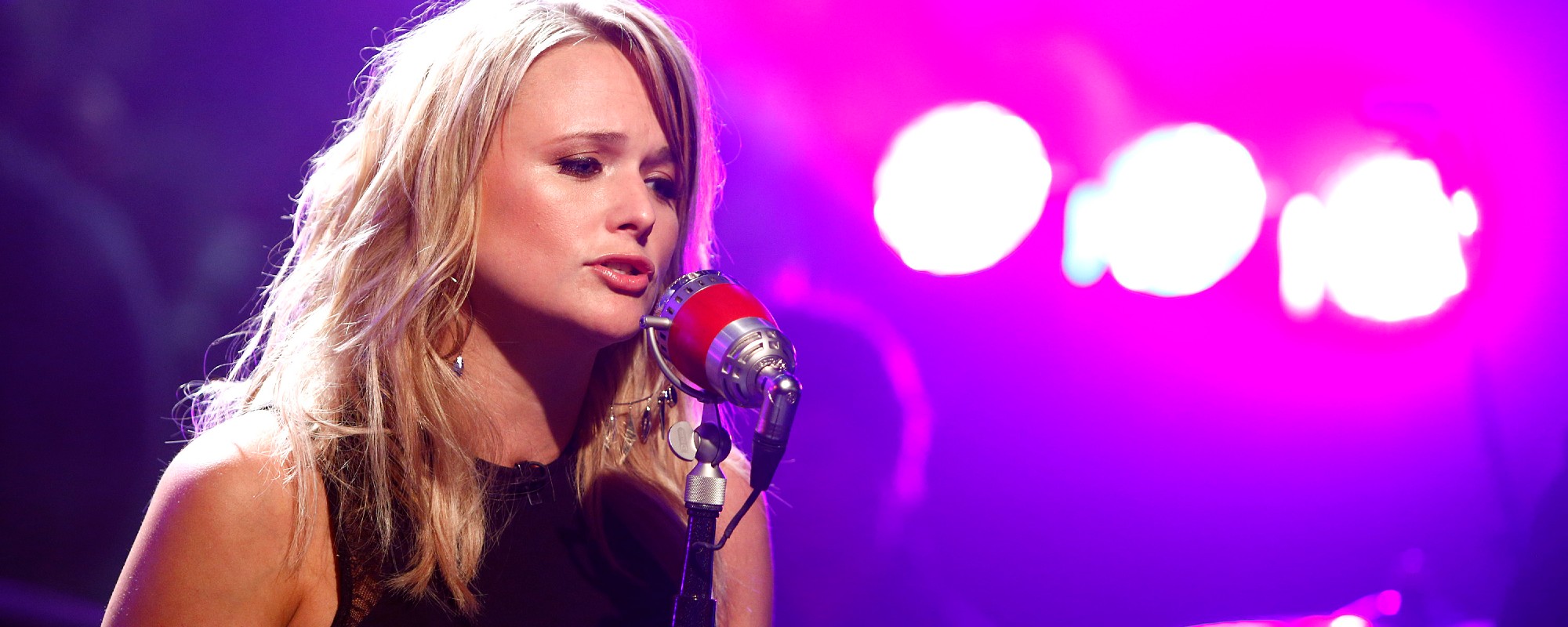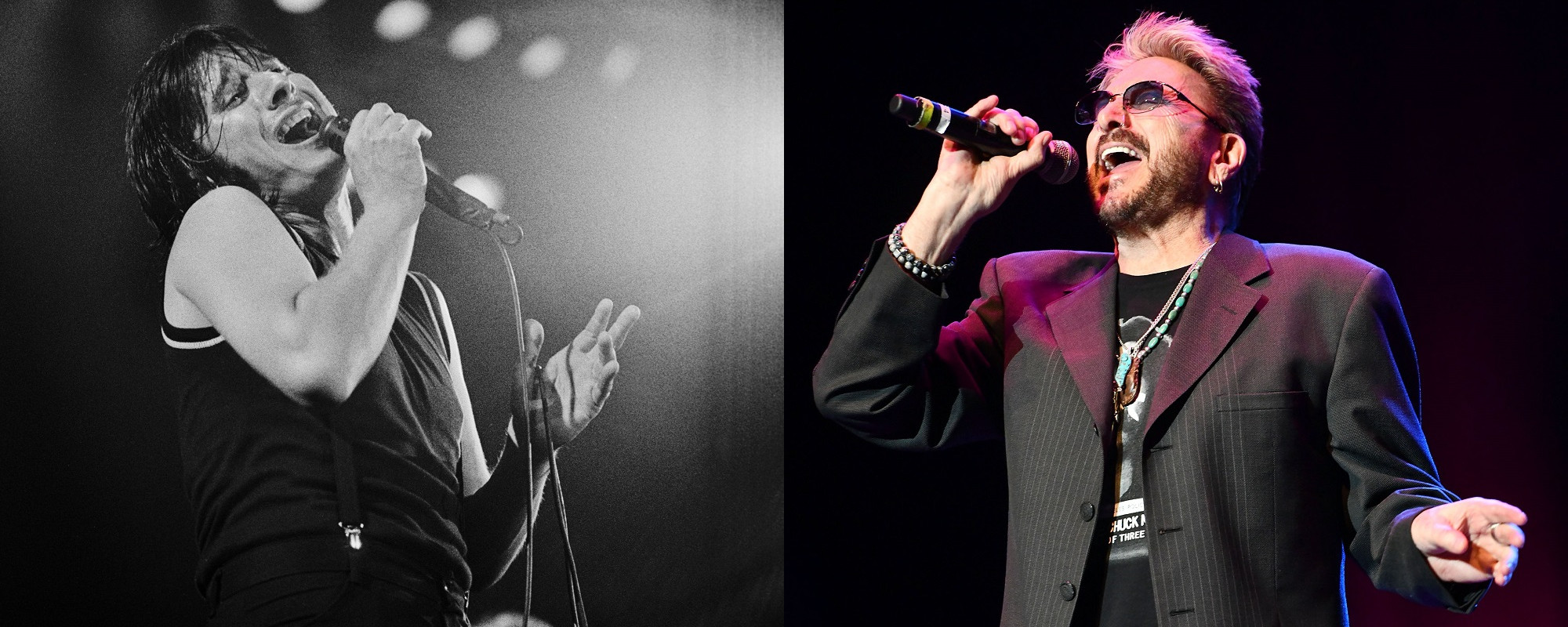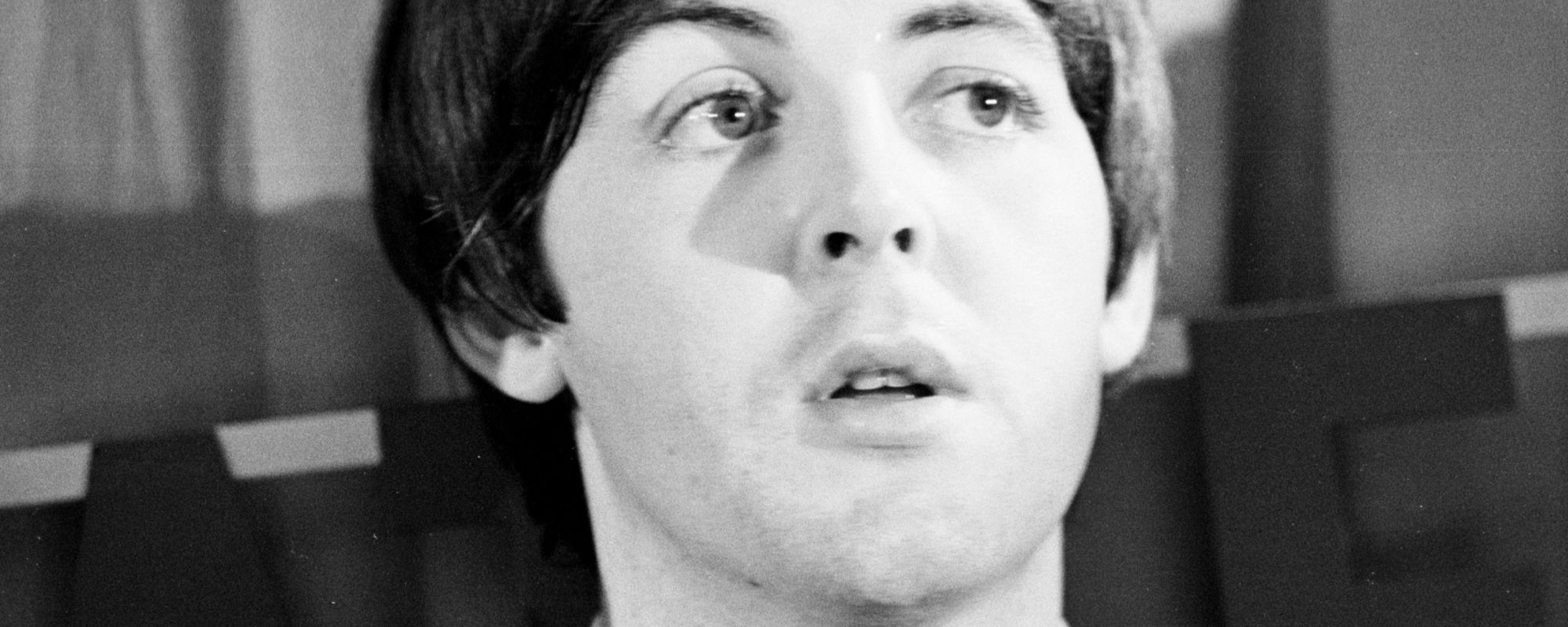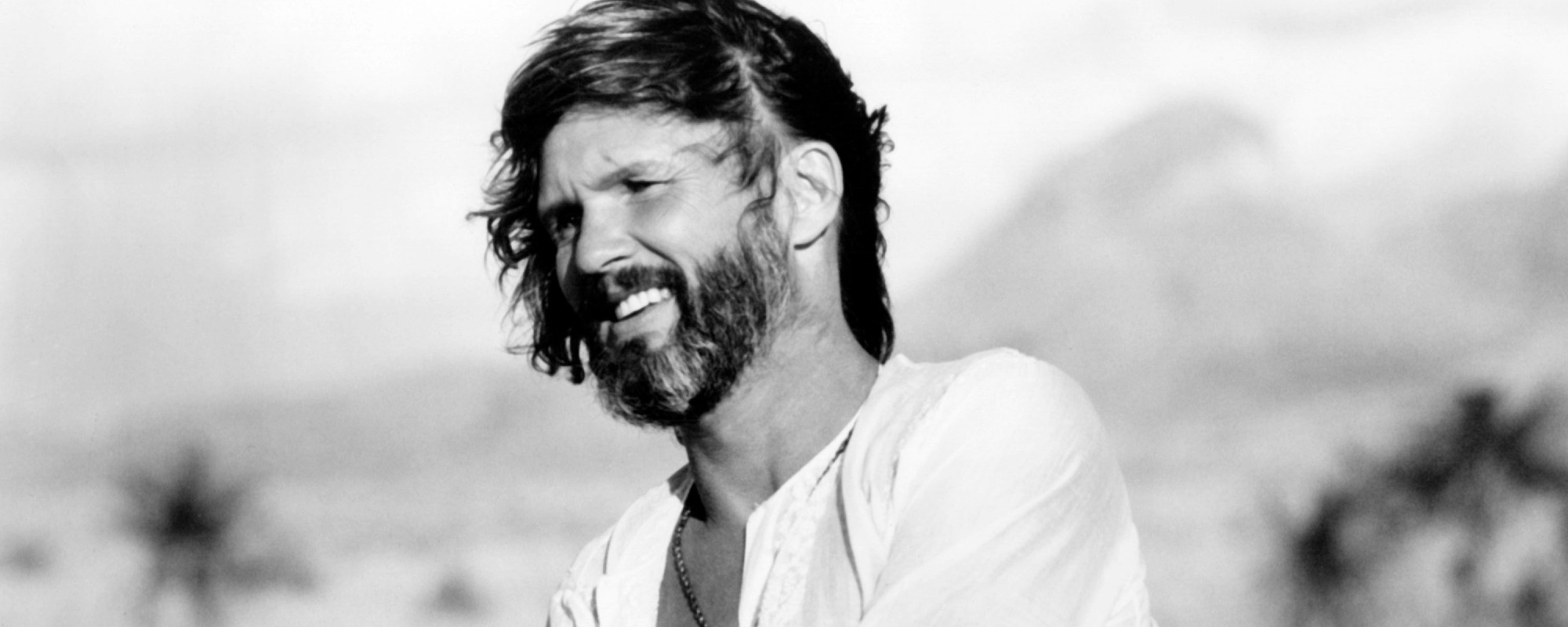In the early 1980s, Rose McDowell and Jill Bryson were part of the popular Glasgow pop band Strawberry Switchblade. They had a handful of solid hits which propelled them to moderate fame, before personal issues and mounting pressure caused an acrimonious break up. McDowell went on to release solo music, and in a 2015 interview with The Quietus, revealed her thoughts on parasocial relationships.
Videos by American Songwriter
Parasocial relationships are one-sided infatuations, and is a term often used to describe an obsession of a fan for a celebrity. The fan believes they have a personal relationship or connection with the celebrity to the point of being invasive. Often, we see this with musicians because they reveal much of themselves in their music. However, parasocial relationships can be harmful and, at the very least, just plain weird.
For example, in recent times, Chappell Roan has been vocal about setting her boundaries with fans who stalked her, touched her without consent, and harassed her in public. Many people felt she should deal with the attention since she put herself in such a public-facing position as an artist. For that same reason, others felt entitled to her time, identity, and autonomy. When she set her boundaries, she also set a precedent for other artists to do the same. Before that, it was rare to hear artists being so outspoken in that way.
Rose McDowell of Strawberry Switchblade Denounced Parasocial Relationships a Decade Before Chappell Roan Set Her Boundaries
Rose McDowell said something similar to Chappell Roan in that 2015 interview. When asked about the break up of Strawberry Switchblade and how she coped with fame, McDowell had an insightful answer.
“I was always a creative person; I always loved singing. But I wouldn’t like that amount of fame,” she said. “I wouldn’t mind the comforts that might go with some of it, but believe me it’s bloody hard work as well. And not only that, your private life is barely existent. I don’t want people inside my life that aren’t invited. I love it when people like my music, but I don’t belong to people.”
She continued, “People have to understand that, and sometimes they don’t; they say, ‘Oh, you belong to the public now.’ Well that is an insane thing to say to anyone. I mean, do you believe in slavery? Are you saying I’m a slave now, to humanity?”
McDowell went on to add, “It’s ridiculous, you don’t belong to anyone. I will write what I’ve got to say in a song, and if I wanted to say any more I would’ve written it in the song. You’ve got what I am prepared to give, and that’s that. Don’t make me over-explain things; I don’t need to do that.”
Featured Image by BSR Agency/Gentle Look via Getty Images








Leave a Reply
Only members can comment. Become a member. Already a member? Log in.